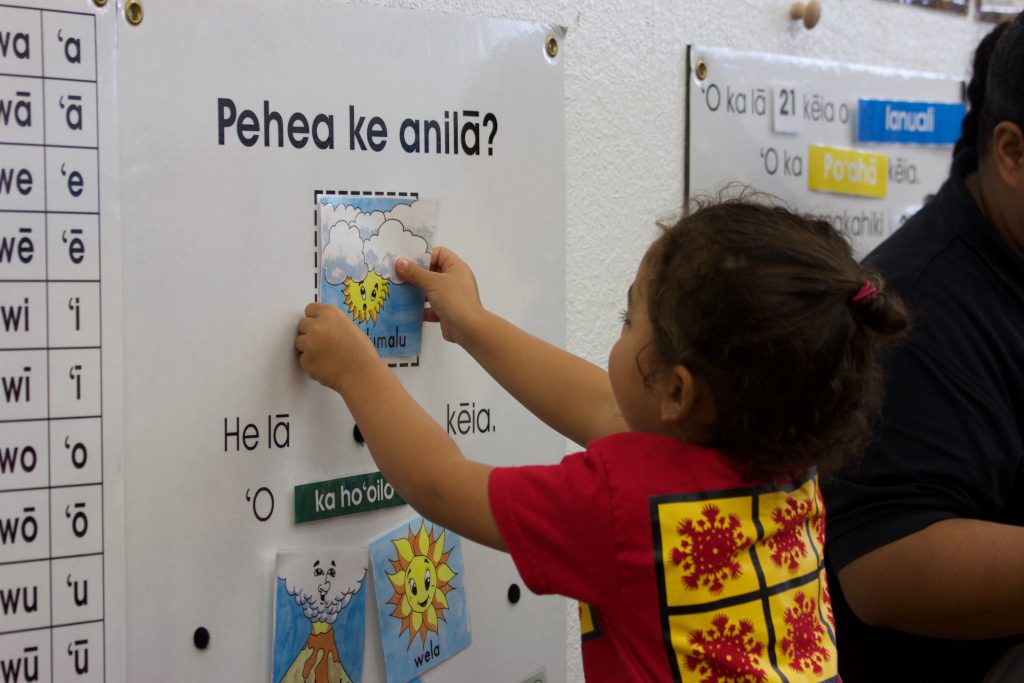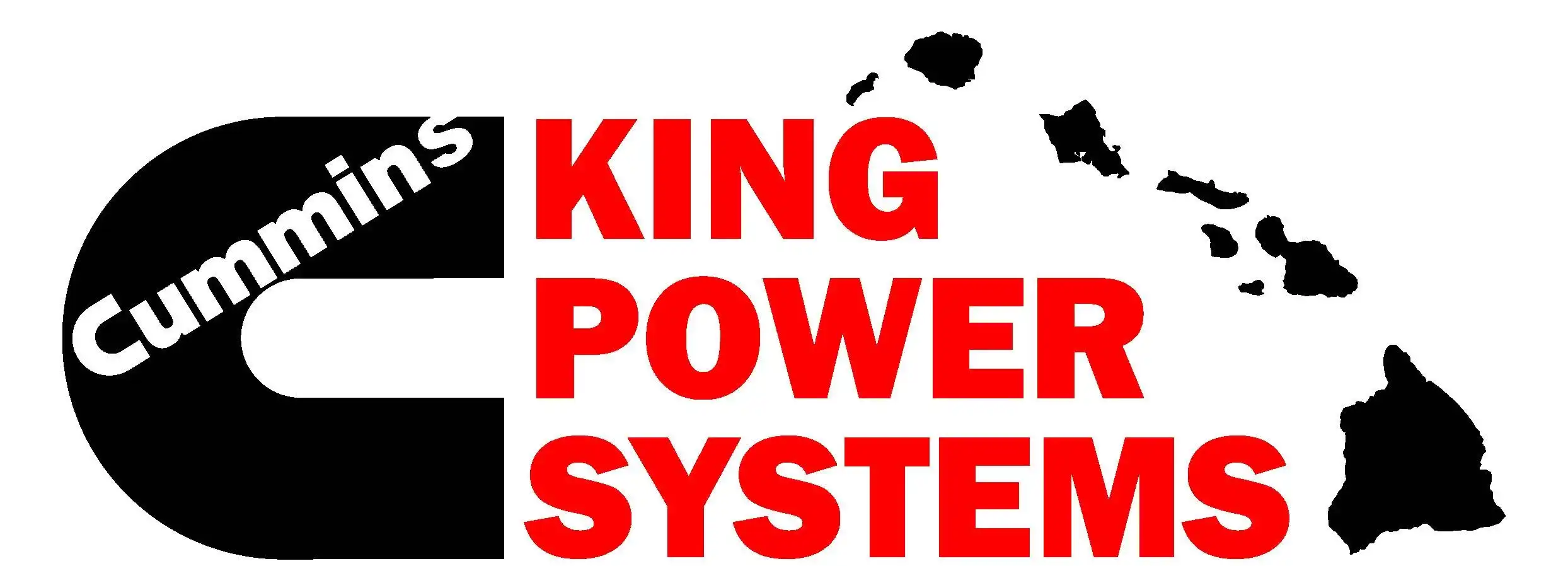Peer Reviewers Urgently Sought to Assess Native Hawaiian Education Grant Applicants
The Native Hawaiian Education Council is putting out an urgent call for qualified community members to serve as peer reviewers to assess applications for upcoming federal grant opportunities as part of the Native Hawaiian Education Program.
“Native Hawaiians can play a key role in this critical decision-making process for federal funding to support education,” said NHEC Executive Director Elena Farden. “About $85 million in federal funding is at risk of being decided for us rather than by us without a sufficient number of qualified grant application peer reviewers.”
The $1.9 trillion American Rescue Plan, also known as the COVID-19 Stimulus Package, was signed into law by President Biden on March 11 and it includes an unprecedented $85 million for the Native Hawaiian Education Program, a discresionary grant that funds community-based organizations serving students, teachers, and families across the state.
The NHEP’s purpose is to develop innovative education programs to assist Native Hawaiians and to supplement and expand programs and authorities in the area of education.
Peer reviewers are being sought from various backgrounds and professions including Pre-K to 12 teachers and principals, college and university educators, researchers and evaluators, social entrepreneurs, grant-makers, grant managers, or others with expertise in Native Hawaiian education, language, and culture.

Preference will be made for an applicant who meets one or more of the following criteria:
- Is of Native Hawaiian descent; or
- Has experience in serving the interests of Native Hawaiians including expertise in education, language, culture, and/or program development for Native Hawaiians; or
- Has completed coursework that focuses on the history of Native Hawaiians, the Hawaiian language, and/or Hawaiian culture.
Further information and instructions on how to apply to be a peer reviewer can be found at the US Department of Education Office of Elementary and Secondary Education website.
The deadline to apply to serve as a peer reviewer is May 22, 2021.
“Native Hawaiian education programs have been models for indigenous leaning around the world. This $85 million in new federal funding will make sure they have the resources they need to stay open, educate more students, and support local communities,” said US Senator Brian Schatz, who secured the funding as chair of the Senate Committee on Indian Affairs. “I encourage members of the Native Hawaiian community to join these efforts and work to ensure that the new COVID-19 relief funds are awarded to the best NHEP grant proposals.”
According to a recent study, Native Hawaiians prioritize education as essential in Hawaiʻiʻs post-COVID economic future. The global pandemicʻs impact exacerbated long-standing disparities in student proficiency, student achievement, school quality and funding, educational costs, access, teacher support, and community partnerships. The funds for NHEP are intended to help address immediate needs and support for Native Hawaiian education while programs and schools continue to provide services for students, teachers, and families.
“Our keiki and communities rely greatly on programs funded by the Native Hawaiian Education Program, which has its roots in early efforts by Dan Inouye, Pinky Thompson, and many others who sought to ensure access to critically needed resources and support for the educational wellbeing of our kānaka,” said Shawn Kanaʻiaupuni, President and CEO of Partners in Development. “It makes a huge difference to have local representatives to review and provide context to other reviewers who may know very little about our communites.”
Assuring a sufficient number of peer reviewers is the first step in distributing and spending the full $85 million.
“These much needed funds will enable Native Hawaiian education programs to rapidly recover from impacts of the pandemic. We know that members of our lāhui understand the educational needs of our people best,” said Farden. “It’s vital that our community answer the kāhea to serve as peer reviewers.”









